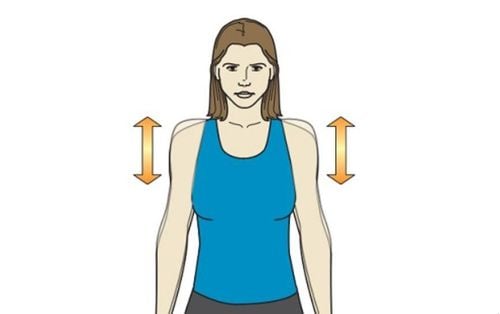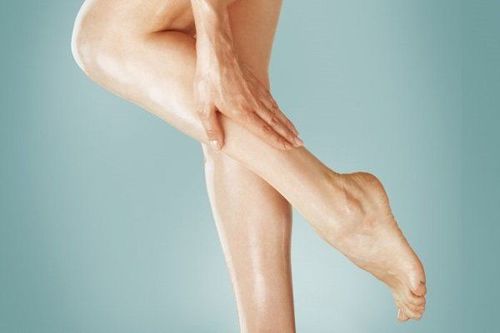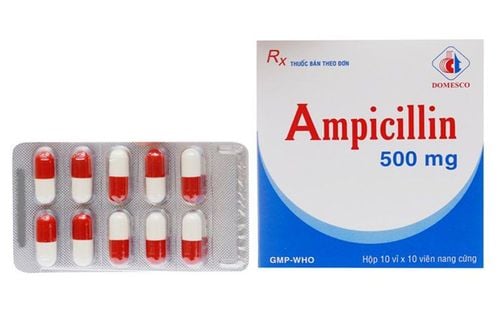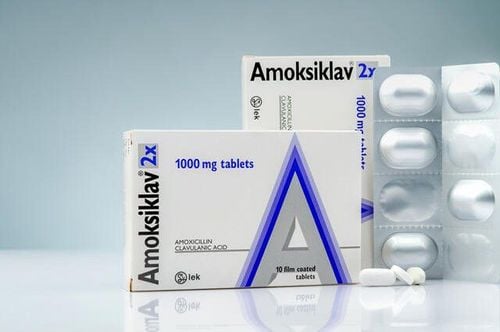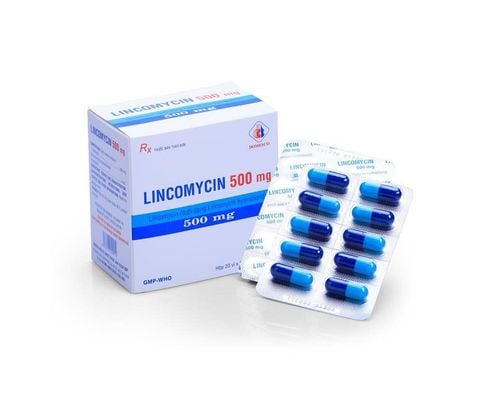Boils or skin abscesses indicate an infection deep within the skin. Understanding the signs of infected boils, along with treatment and prevention methods, is essential. Below is important information on this topic.
1. Common types of boils
Boils result from an infection in the hair follicles, with inflammatory lesions spreading to the surrounding area, primarily caused by Staphylococcus aureus. The initial manifestation of boils is the appearance of red papules in the hair follicles that gradually enlarge over 2 to 4 days, at which point pus may appear at the tip of the boil (indicating a "ripe" boil). Boils can range in size from 1 to 2 centimeters, but they can grow up to 5 centimeters or cluster together.
Common types of boils include:
- A carbuncle or cluster boils: These are abscesses caused by Staphylococcus aureus. Patients may have one or more boils on the skin surface, often accompanied by fever or chills.
- Cystic acne: This skin abscess occurs when sebaceous ducts in the skin become clogged and infected. Cystic acne is particularly common in teenagers.
- Pilonidal cyst: This type of abscess typically appears in the folds of the buttocks, often after prolonged sitting during travel.
- Hidradenitis suppurativa: This condition involves the formation of many skin abscesses in the armpit and groin areas due to localized inflammation of the sweat glands.
The progression of a boil generally takes about one week. Initially hard, the boil gradually softens, eventually bursting or leaking pus, which can lead to scarring. Boils can appear in various locations on the body, commonly on the chin, armpits, buttocks, and back of the neck. Complications at the boil site can include widespread infection or the risk of blood infection.
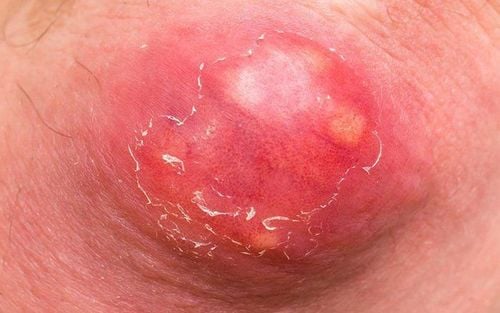
2. What are the signs of infected boils?
When a boil becomes infected, patients may experience the following symptoms:
- The boils appear close together, forming a cluster. The boils may start small but can grow up to 5 centimeters, infecting a larger area of skin and creating grooves that connect under the skin.
- The skin surrounding the boil may be red, swollen, hot, and painful.
- The inside of the boils is filled with pus, often with a white tip visible. Eventually, the boil bursts, causing fluid to flow out.
- Patients might experience fever and swollen lymph nodes.
If severe systemic symptoms accompany a high fever, it is crucial to monitor for complications such as sepsis or cavernous sinus thrombophlebitis. Additionally, the bacteria can spread through the bloodstream, causing inflammation in organs such as heart valves, joints, kidneys, and long bones. Some patients, especially those with diabetes, may experience recurring boils.
3. When should I see a doctor?
If you have small, isolated boils, you can manage them at home. However, if you notice multiple boils, or a cluster forming, or if you experience symptoms such as boils on the face that may affect your vision, increasingly severe pain and fever associated with the acne-affected area, rapidly increasing the size of the boil, boils that do not heal after two weeks, frequent recurrences of boils, etc, then you should go to the doctor for timely diagnosis and treatment.
A doctor can diagnose the condition after examining the boils. They may also take a sample of pus from the boils for testing to determine the most effective treatment. It is particularly important to conduct bacterial identification tests and antibiograms, as many bacteria-causing boils can be resistant to antibiotics. This helps doctors prescribe the right medications.
4. Ways to treat infected boils
You can manage and treat boils at home, especially single ones, by using warm compresses on the affected area. This can help reduce pain and encourage the natural expulsion of pus. Here are some home treatments for small boils:
- Apply warm compresses several times a day, for about 10 minutes each time.
- Avoid trying to squeeze or pop the boils to release the pus.
- Keep the affected skin clean and wash your hands thoroughly before and after touching the affected area.
If the boils are large or appear in clusters, it is advisable to see a healthcare professional for treatment, which may include:
- Incision and drainage of pus: The doctor may make a small incision in the boil to drain the pus. Following this, the area will be carefully covered with sterile gauze to absorb any remaining pus and prevent external infection.
- Using antibiotics: If the boils are severely infected or to prevent recurrence, doctors may prescribe antibiotics. It is important to complete the full course of medication as directed by your healthcare provider.
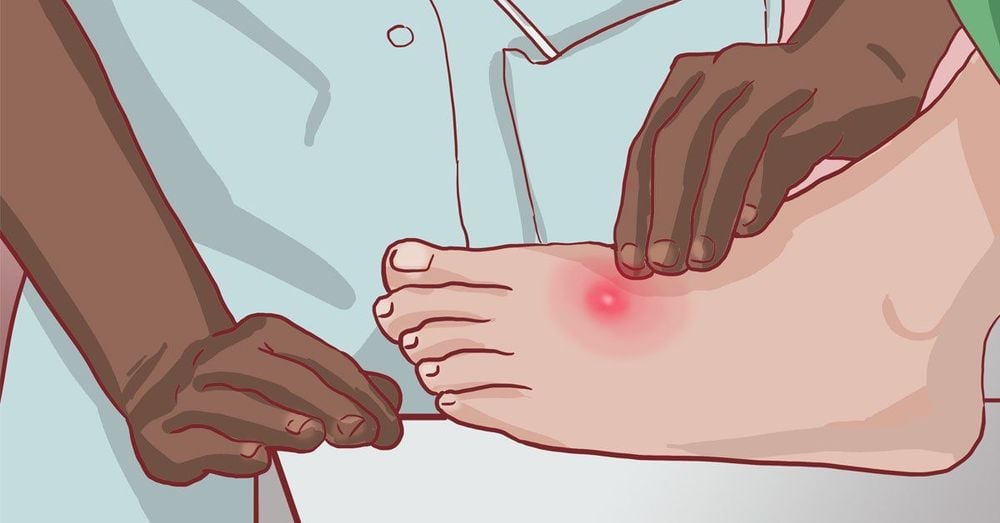
5. Measures to Prevent Boils from Becoming Infected
Although there is no foolproof way to prevent boils, especially if you have a weakened immune system, you can take the following measures to reduce the risk of staph infections - the primary cause of boils:
- Wash your hands regularly with soap. If soap is unavailable, an alcohol-free hand sanitizer is a good alternative to help protect yourself from bacteria.
- Keep wounds dry and clean: If you have a scratch, cut, or other wounds, protect them to ensure they heal properly.
- Avoid sharing personal items with others: Do not share towels, bath towels, razors, toothbrushes, or other personal items, as bacteria can spread through these items and enter your body.
- Maintain a scientific, healthy lifestyle and diet to enhance the body's resistance. Engage in regular exercise and consume plenty of vegetables and fruits, particularly those rich in vitamins A, C, D, and E, to boost your body's resistance.
Infected boils are a dangerous situation that can pose serious health risks and affect your appearance. Therefore, it is crucial to maintain good hygiene and avoid risk factors to minimize the likelihood of developing boils. When you do have boils, follow your doctor's advice to reduce the risk of infection.
To arrange an appointment, please call HOTLINE or make your reservation directly HERE. You may also download the MyVinmec app to schedule appointments faster and manage your reservations more conveniently.




